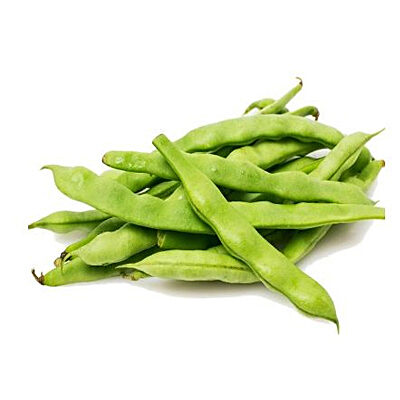Beans are used in diabetes, rheumatism, chronic pancreatitis, kidney stones, ulcers and eczema, as well as a diuretic. Beans has a hypoglycemic, diuretic and antimicrobial action. Beans are recommended to eat at gastritis with low acidity. Due to the fact that it contains large amounts of potassium (530 mg per 100 g of grain), it is prescribed for atherosclerosis and heart rhythm disturbances. Glucose-lowering effect of beans associated with arginine – insulin-like substance.
For Koreans beans and bean sprouts – not just food, but also medicine. shortage is particularly felt early spring fresh vegetables, so salads with young sprouts of beans, peas, soybeans, garlic, traditional wheat. They are rich in calcium, phosphorus, vitamins and trace elements. Bean protein content exceeds some meats and fish. In processing the bean proteins digested by 60-75%. It is full of inulin, flavonoids, carbohydrates, vitamins,S.Struchki beans are rich in arginine, which has insulin-like effect on metabolism in diabetic patients. Broth bean pods in combination with the use of blueberry leaves in diabetes. Food beans are useful in atherosclerosis, heart rhythm disturbances, with gipotsidnom gastritis.
Ingredients 100 gr. Product: Water – 14g, protein – 21g, fat – 2 g, carbohydrates – 54.5g, mono- and disaccharides – 3.2 g fiber – 3.9g, starch – 43.4g, Pectin – 3.7 g, ash – 3.6g, potassium -1100 mg of calcium – 150 mg, magnesium – 103 mg of sodium – 40 mg, phosphorus – 480mg, iron – 5940 mcg of iodine – 12.1 ug cobalt – 18.7mkg, manganese – 1340 mcg, copper – 580mkg, molybdenum – 39.4mkg, fluorine – 44 mg zinc – 3210mkg.
Vitamins: B-carotene – 0.02mg, E (tocopherol) – 3.84mg, B1 (thiamin) – 0.5mg, B2 (riboflavin) – 0.18mg, B9 (folic acid) – 90mkg, PP (Niacin) – 2.1mkg, Calorie – 292 kcal.




